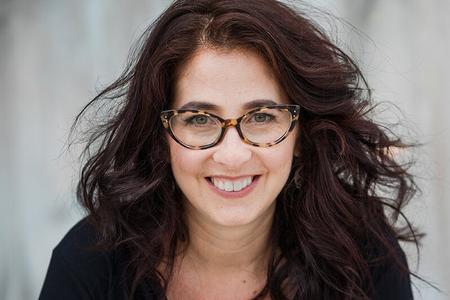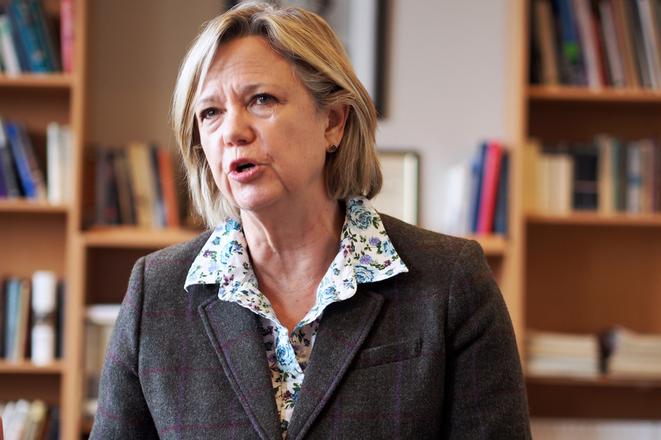Dana Priest, who received the 2006 Pulitzer Prize for her reporting in The Washington Post, now teaches future journalists at the University of Maryland. In an interview with Comenius University students, she also talks about how she obtained sensitive CIA information.
You spent most of your journalistic career writing about national security, military operations and U.S. intelligence agencies. What is the story you are most proud of?
It is probablyThe ‘Black Site’ story about the CIA and its secret prisons. I worked on it for two years. When I realised what kind of story this actually was and how sensitive it would be, I knew that the CIA would be very upset and it would tell its community not to talk, which would probably scare them into not being my source anymore. I had a set of stories by then that I needed to report. I wrote but didn’t publish three or four stories before I published the first one, because I knew that I would be shut down after the first big one, which is what happened. They said they were launching the investigation, that I was a traitor, The Washington Post was a traitor. Luckily, I had already interviewed everybody because I didn’t want to, when this big thing blew up, to ever make a phone call to people who had helped me. I knew that they would be afraid that the government might be listening. I didn’t know if they were or not. I don’t think they were, it’s not very easy for them to get the legal authority to listen in on a reporter’s phone.
How do you verify your information while working on tough topics like secret prisons?

By that time, I had covered the CIA for several years and I knew people who had a lot of access. They were not even in the CIA anymore. They had told me things that had never been wrong that I was able to vet that maybe weren’t quite as sensitive. There were many people that I had gotten to know over time who I thought were very credible, who would never lie to me, who never led me astray, whose information always turned out to be reliable. Those were the people that I trusted the most and so when the story became something much more sensitive, I could use them to help me figure out if I did this part right or only this part right. It was very difficult, as always with sources who are telling you things they are not supposed to talk to you about. You have to judge their character and judge if that person would have access to this sort of information they’re telling me about. It’s a process of building trust which takes a while.
Do you consider the information that comes from anonymous sources to be trustworthy? How should journalists work with them?
They’re anonymous to the readers but not to me. I think that many people don’t understand that. When we say they want to remain anonymous, that doesn’t mean I don’t know who they are. It just means that I can’t tell you who they are. It really requires us to then put more details in a story so that the readers will say it seems real because there are many details. You have to try to do as much as you can to show the reader that you’re being accurate because you can’t use names. If I was an editor, I would only let people use anonymous sources in very sensitive areas, because, why should the reader believe the reporter? They don’t see who they’re quoting. We have gotten to the point where we let people say things not without using their name on the political grounds which I really don’t think should happen. It’s kind of a lazy thing and it’s also because the speed of the news cycle is so fast now. People don’t have enough time to try to find sources that will be on the record. I don’t like that and I think it makes people more distrustful of what they’re reading.
Does the law in the United States protect investigative journalists properly?


 Dana Priest (source: authors)
Dana Priest (source: authors)